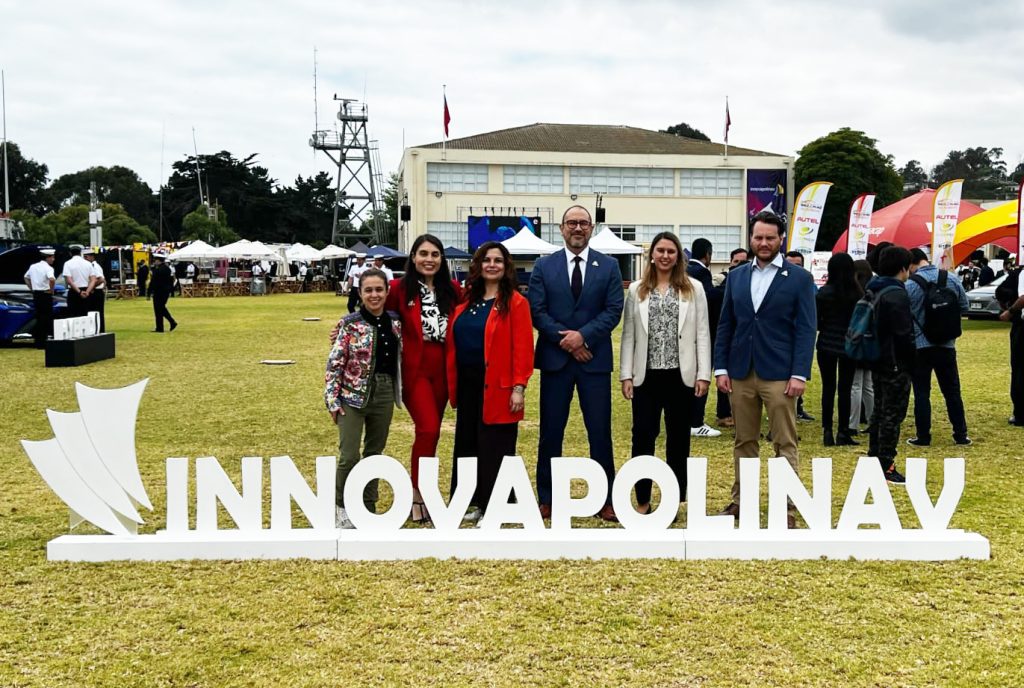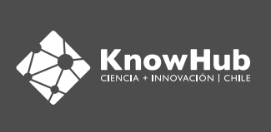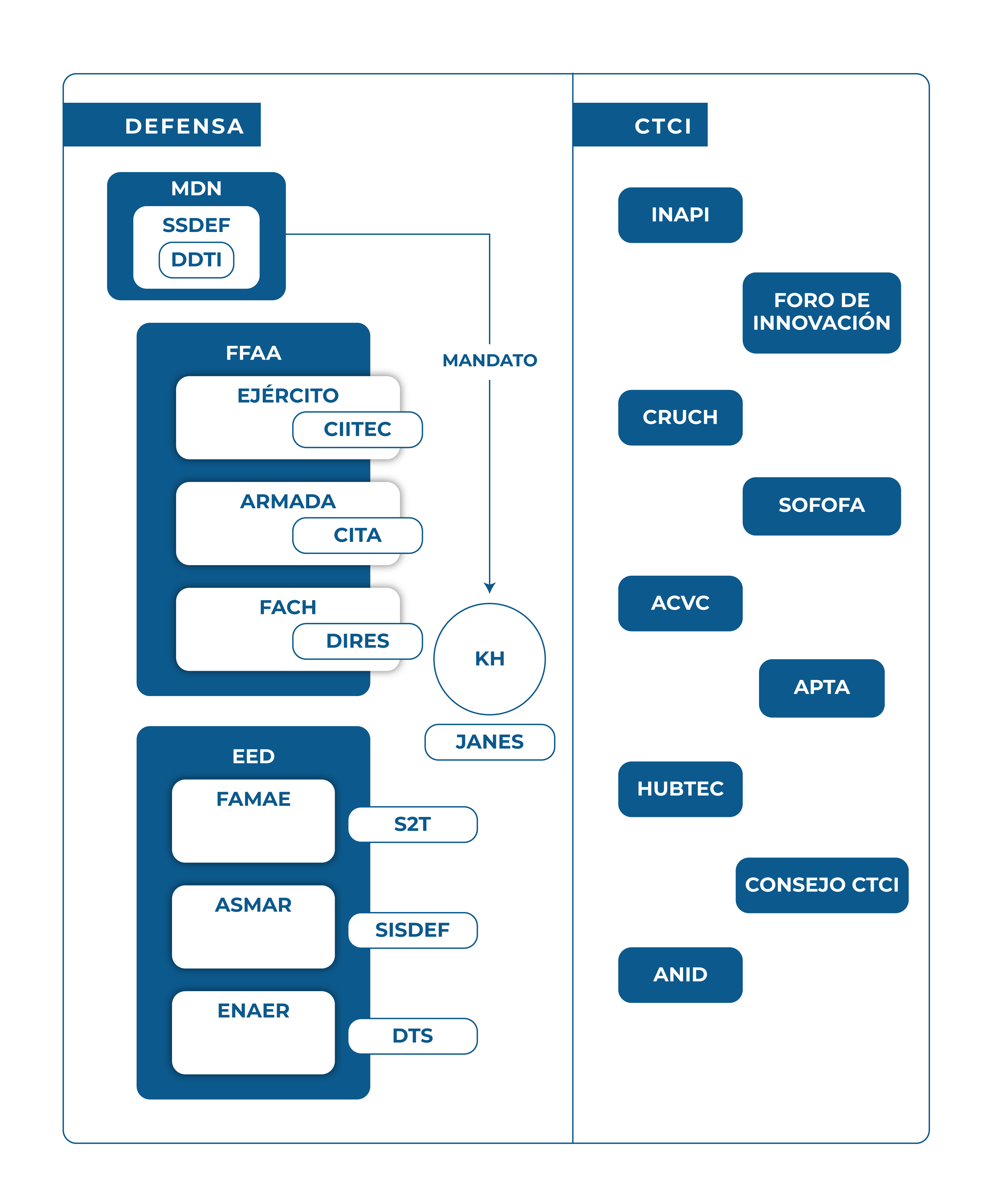This non-profit corporation has been collaborating directly with the Navy for several years in Defense innovation programs: Avante and PROA I+D. Several activities were carried out at Innovapolinav. Javier Ramírez, Executive Director of Know Hub Chile, spoke at the conference “Innovación dual para el desarrollo del país” (Dual innovation for the development of the country). Know Hub was also present with a stand.
The Innovapolinav Public Innovation Meeting is the longest-running initiative of the Research and Innovation Department of the Chilean Naval Polytechnic Academy. Its sixth version was held on November 30th and December 1st, and it focused on providing a space for the exchange of knowledge, skills, experiences, and co-creation between the national Science, Technology, Knowledge, and Innovation (STKI) ecosystem and the Navy.
One of the institutions featured was Know Hub Chile, a technology transfer HUB whose purpose, together with other initiatives, is to transform Chile into a knowledge-based economy and society.
During Innovapolinav, various conferences, talks, workshops, and demonstrations were held. Javier Ramirez, Executive Director of Know Hub Chile, spoke at the conference “Innovación dual para el desarrollo del país” (Dual innovation for the development of the country). Know Hub Chile was also present with a stand on both days of the event, where attendees were able to learn about the work and collaboration that this non-profit corporation has been doing directly with the Navy for several years in Defense innovation programs: Avante and PROA I+D.
Innovation in Defense
The Executive Director of Know Hub Chile explains that the corporation’s mandate is to transform scientific research results into innovation. To this end, he adds, “Our general working methodology is to identify gaps in the value chain between science and the market, and design programs to address them.”
In this regard, says Ramírez, one of the main gaps detected by the corporation is the lack of systematic collaboration between the Defense sector and the ecosystem. “Achieving this collaboration is precisely one of the corporation’s strategic objectives and, based on this, we designed a series of programs: Avante and Proa I+D with the Navy; Fortis, one of the verticals, with Lockheed Martin; and now the Desafío Ad Astra with the Air Force,” he adds.
Desafío Avante 2020 was the Navy’s first open innovation challenge, which it developed together with Know Hub Chile, and seeks to solve problems detected by the Chilean Navy through scientific-technological based ventures, which can become sophisticated suppliers to the Defense and civilian world.
In this first version, the focus was on Maritime Domain Awareness (MDA). The winners of Avante 2020 were Acústica Marina, led by Marcela Ruíz, and InnerCore, led by Sergio Vera.
In 2021, the challenges were related to the availability of naval means, specifically the proper functioning of vessels. The winners were JakSol, Streltech, and PredictiveLab. In its third version, in 2023, Avante aimed to find solutions for the collection of health data, determination of risk indexes, and dynamic scheduling to contribute to the modernization of institutional preventive medicine. The winning teams were Yo Me Controlo and Amanda.
PROA I+D, also developed by the Chilean Navy in collaboration with Know Hub Chile in 2023, connects the institution with those conducting research in the country, through the development of applied research of mutual interest in which the Chilean Navy can provide unique spaces for testing, piloting, and validation. It already has four finalist teams.
The research projects selected in PROA I+D were: “Navy Fuel Cells:Study of the Performance of a PEM Fuel Cell in Marine Environments for Electric Power Supply of Ships and Submarines of the Chilean Navy,” by the Universidad de Santiago de Chile, led by Isaac Díaz; “Hydrophones for Ship Detection (Hydrophore),” by the Pontificia Universidad Católica de Chile, led by Federico Fuentes; “New Technology for Systems Oxygenation,” by the Pontificia Universidad Católica de Chile, led by Flavia Zacconi; and “Development of an In-Lab Evaluation System to Determine the Performance of Systems Exposed to Marine Fouling,” by the Universidad de Concepción, led by Felipe Montoya.
Identifying Gaps
Know Hub Chile has been highly active in this area, promoting dual innovation in both the STKI ecosystem and in the Defense sector, “as well as in the collection of data and the acquisition of experience that will allow the Government Authorities to design public policies in this area,” explains Ramírez.
The future challenges in Defense innovation are diverse. On the one hand, although the importance of dual innovation has permeated the discourse of Government Authorities at various levels, “it is necessary to advance in its consolidation through concrete actions to strengthen it,” claims Ramírez.
He also points out that it is necessary to involve more actors from both sectors, such as Strategic Defense Companies or Venture Capital Companies. “The impact of activities and programs such as these will be reflected in the long term, which is why a constant and conscious commitment at the state level is indispensable,” adds Ramirez.




